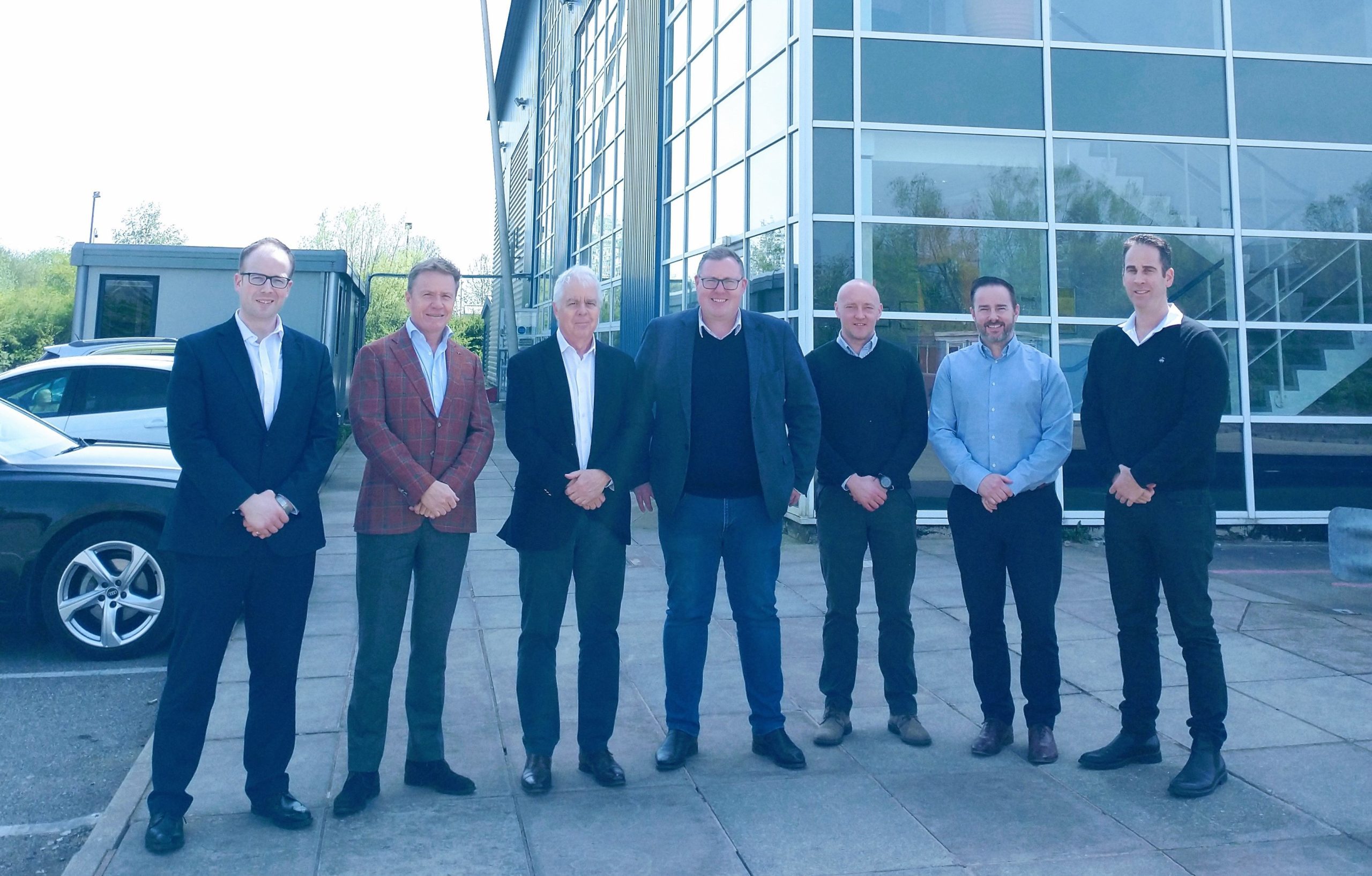Less Common Metals (LCM) Ltd, a leading UK-based producer of rare earth (RE) metals and alloys, is proud to announce its leadership in the innovative “Industrial Scrap-to-Magnet” initiative, which received funding from Innovate UK’s circular critical materials supply chain (CLIMATES) programme. This forward-thinking initiative, in collaboration with Ionic Technologies (Ionic RE) and Vacuumschmelze (VAC), aims to produce high-quality NdFeB magnets using 100% recycled heavy and light rare earth elements (REEs) with full traceability.
As we turn our attention towards a ‘greener’ future, the demand for REEs is projected to surge significantly by 2040, driven by the rapid adoption of clean energy technologies, electric vehicles, and advanced electronic devices. The IEA reports that achieving net zero emissions globally by 2050 would require up to 7 times more REEs in 2040 than we have at present.
Recognising this, the REEVALUATE project (Rare Earth Elements recovery from industrial scrap produced during grain boundary diffusion of permanent magnets) focuses on addressing this demand through sustainable practices by reclaiming valuable REEs from pre-consumer industrial scrap, a critical yet underutilised resource that accounts for 36% of valuable RE content during magnet manufacturing and material processing stages.
VAC, a global leader in advanced magnetic materials, will play a necessary role in the project by providing pre-consumer magnet scrap. Ionic Technologies, utilising their patented technology, will convert this scrap material into high purity RE oxides at their newly developed Demonstration Plant situated in Belfast. These oxides will then be supplied to LCM, who will employ unique technologies to reduce the oxides back to RE metals and alloys, tailoring them to VAC’s specifications for the production of new magnets.
In a truly circular process, any byproduct scrap generated during LCM’s material processing will be sent back to Ionic Technologies for further refining, ensuring that no valuable material is wasted. This closed-loop system is a major step forward in establishing a sustainable, circular supply chain for REEs.
Aaron Riley, General Manager commented: “LCM is proud to be leading the project in partnership with Ionic Rare Earths and Vacuumschmelze. By advancing a fully traceable, circular supply chain, we are not only addressing the growing demand for rare earths driven by clean energy technologies but also exploring an alternative route for sustainability in the industry.”
Tim Harrison, CEO of Ionic Rare Earths said: “Collaborating with key supply chain partners is essential in establishing Western supply chains for magnet manufacturing, utilising both light and heavy rare earths.
“LCM is the only Western rare earth metal/alloy manufacturer, and it is of significant benefit to Ionic Technologies and LCM to be able to deliver a project as significant as this within the UK. Similarly, working with VAC represents an enormous opportunity for all involved to show how Western rare earth supply chain partners can deliver cohesively, meeting the demands of the energy transition, advanced manufacturing, and defence.”
The successful implementation of the “Industrial Scrap-to-Magnet” initiative will significantly bolster the UK’s magnet industry and contribute to the nation’s ambitious NetZero goals. By leveraging technology and innovative collaboration, the REEVALUATE project aims to set a new standard for sustainable REE sourcing and magnet production, paving the way for a future where critical materials are responsibly reclaimed and reused.
Manu Kaimanikal, Senior Metallurgist and project lead added: “The REEVALUATE project is an exciting initiative aiming to convert industrial NdFeB scrap into high-quality valuable REEs for magnets. This will be achieved by combining Ionic Technologies’ hydrometallurgical methods with LCM’s established metallothermic and electrolysis processes.
“This closed-loop rare earth project is set to drive the establishment of a sustainable circular supply chain of REE’s, offering material-specific recycling, cost and waste reduction, and ensuring traceability, transparency, and regulatory compliance.”

